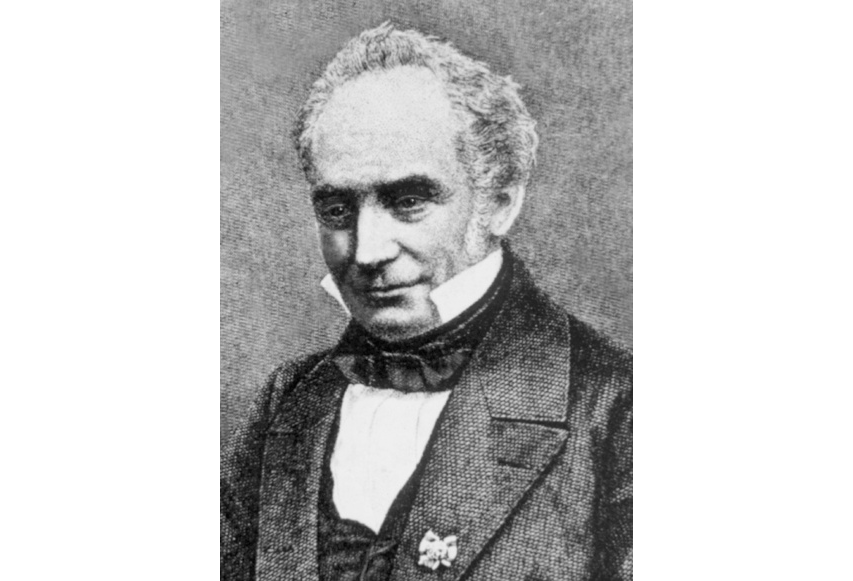Thanks to him, the importance of Sanskrit was understood in Europe: Who is Franz Bopp?
It is accepted that his philological studies in Germany began with his work "On the Comparative Inflectional System of Sanskrit with Greek, Latin, Persian and Germanic Language", which was published in 1816 while he was still in Paris.

(1791-1867) German linguist. He revealed the importance of Sanskrit in comparative linguistics studies. He was born in Mainz in September 1791. Beginning in 1812, he studied Sanskrit in London and Paris. Between 1821 and 1864 he was a professor of Oriental literature and general linguistics at the University of Berlin. He died in Berlin on October 23, 1867.
Franz Bopp (14 September 1791 – 23 October 1867) was a German linguist known for extensive and pioneering comparative work on Indo-European languages.
It is accepted that his philological studies in Germany began with his work "On the Comparative Inflectional System of Sanskrit with Greek, Latin, Persian and Germanic Language", which was published in 1816 while he was still in Paris. He was given the title of professor in 1822 by the Berlin Academy for his research on Sanskrit. His monumental work, which he began in 1833, is Vergleichende Clramrnatik des Sanskrit, Zend, Griechischen, Lateiischen, Litauischen, Altslazjischen, Gotischen und Deutschen (“Sanskrit, Zend, Greek, Latin, Lithuanian, Comparative versions of Old Slavonic, Gothic, and German”). Grammar”) took 16 years to write, the first edition appeared in 1852, followed by two more editions.
Comparative grammar studies, the purpose of which is defined as determining the relationships, similarities, and language families between various languages with the comparative method, were first conducted in the 19th century. This is considered the first scientific approach to language. The theoretical foundations of such studies were laid by Herder, J Grimm, the von Schlegel brothers, and von Humboldt. In comparative linguistics, which attaches great importance to sound changes, efforts to determine the first language from which various languages are derived, namely "root language" (Ursprache), predominated. The first major studies of this kind focusing on Indo-European languages were Danish Rask, German Grimm, and Bopp.
With the introduction of Sanskrit in the 18th century, linguistic methodology made a significant leap forward. Because of this language, which shows similarities with European languages, it was put forward for the first time that the languages did not originate from each other and that all of them were derived from an old root. As a matter of fact, Rask tried to determine what root language the Old Scandinavian language would be connected to. On the other hand, Bopp expanded the Scandinavian language group that Rask studied, adding Sanskrit and Persian to them, and dealt with Indo-European languages completely.
According to Bopp, this root language is the most perfect form of the Indo-European languages, which has never been corrupted and has no contradictions, and has degenerated into today's Indo-European languages. However, in order to reach this root language, sound similarities between related words in Indo-European languages should be determined regularly. Grimm has succeeded in this. But Bopp laid the scientific foundations of comparative grammar while trying to identify the Indo-European root language, just as Christopher Columbus discovered America while searching for a new route to India.
